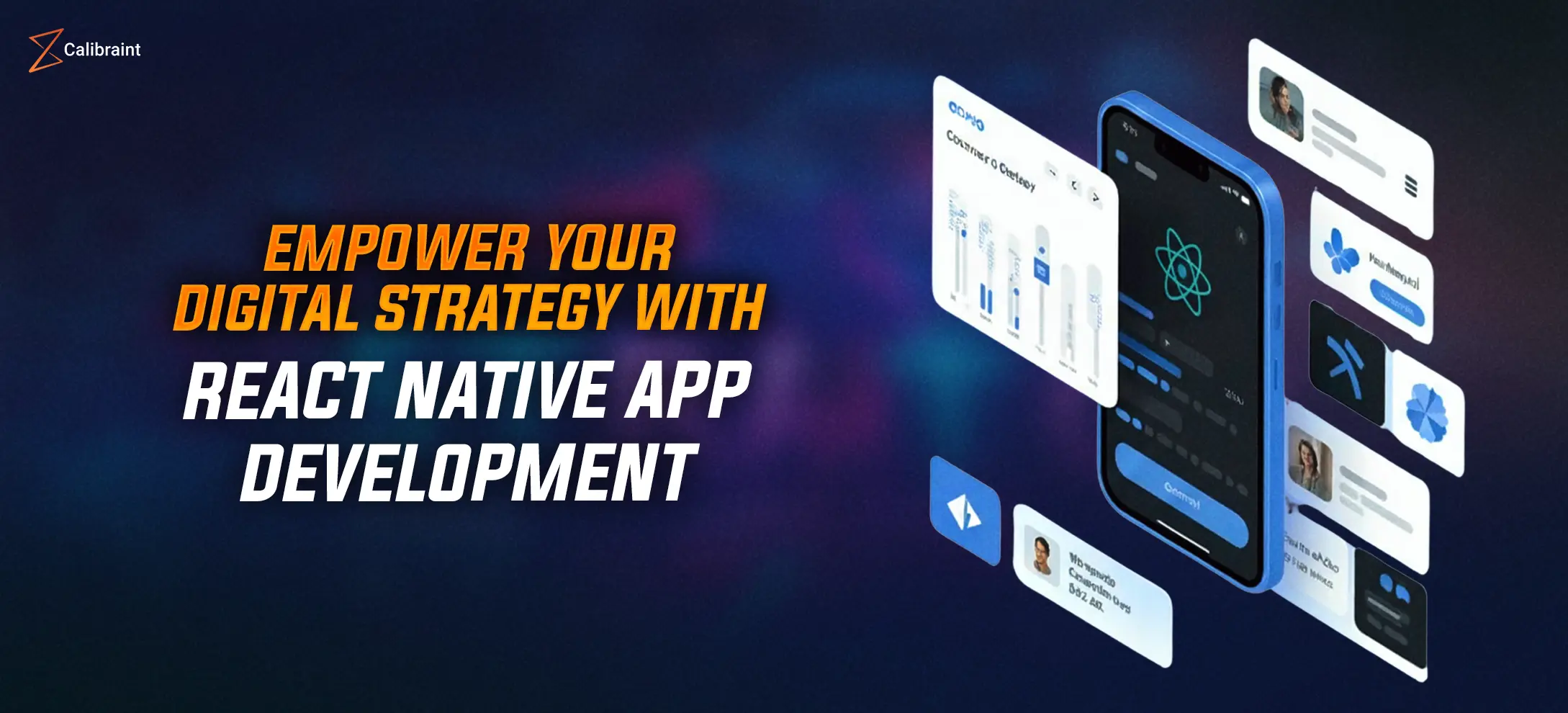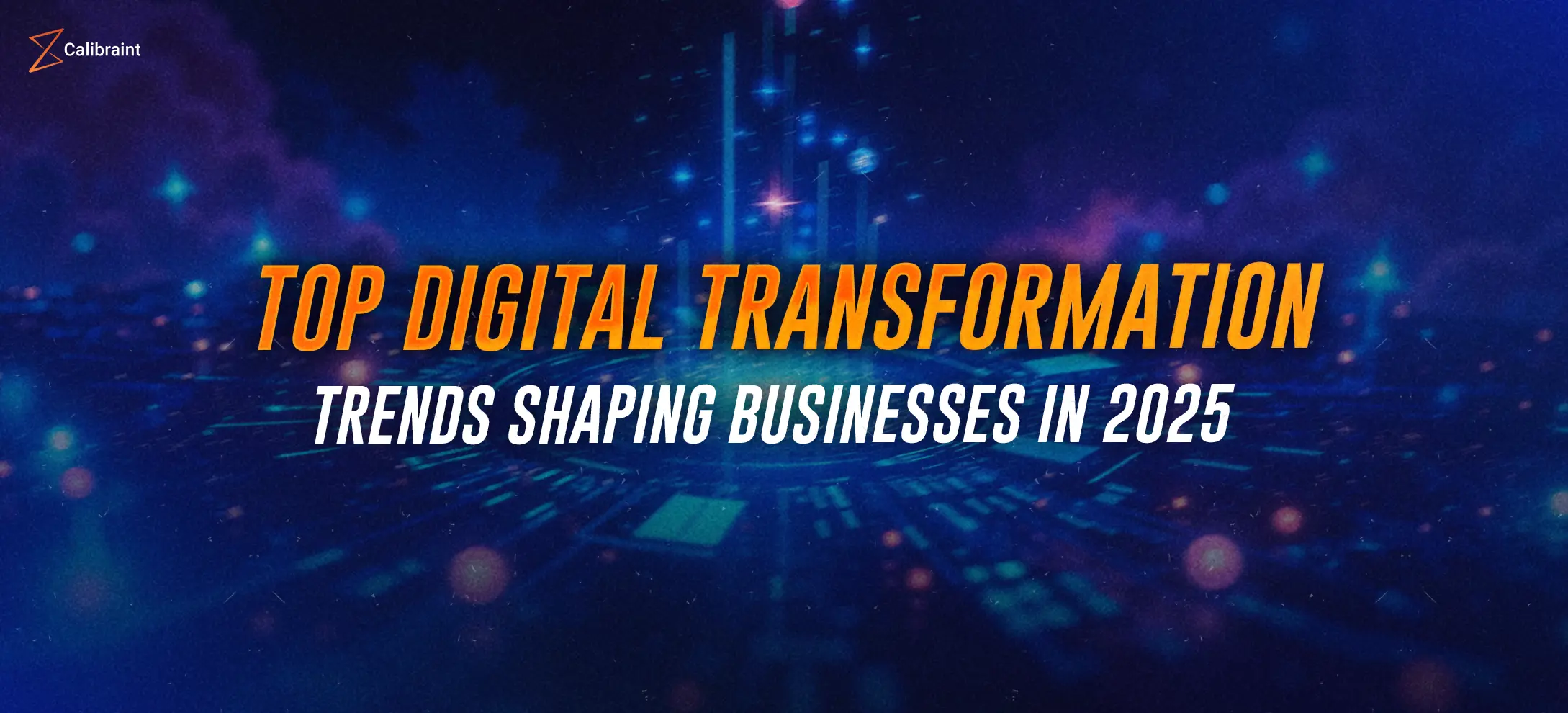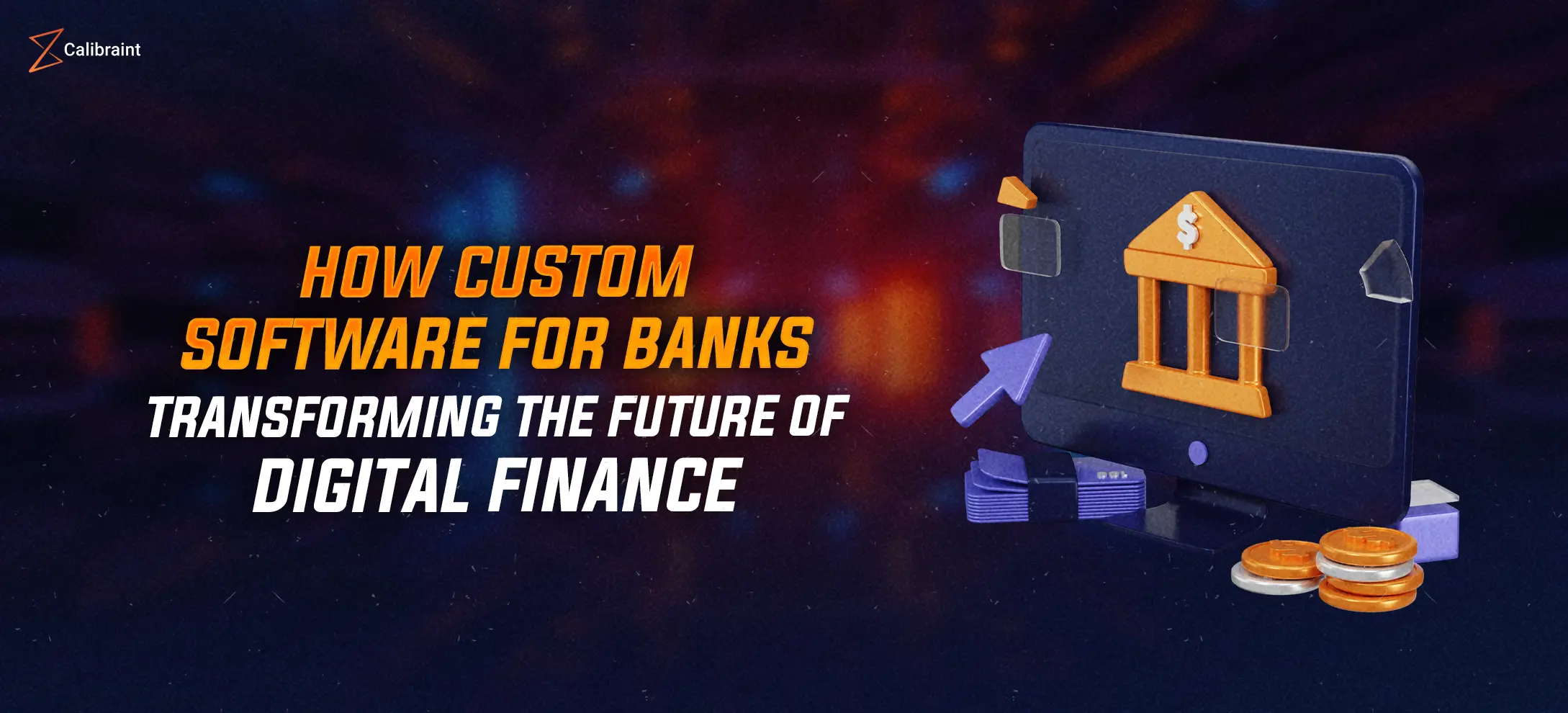Technology & Industry Going Hand In Hand – Calibraint
admin
Administrator
January 11, 2021
Last updated: November 14, 2025
Benefits Of Technologies For Manufacturing 2021
The more has been discussed about the COVID-19’s destruction take on human livelihood. There are almost countless articles published every day describing how worst 2020 was for the economy, jobs, and industry. However, the uncertainty caused by COVID-19 has actually accelerated the growth of manufacturing industries. In, this column, we would be giving away glimpses of manufacturing technologies and the benefits of technologies for manufacturing 2021.
From Industry 4.0 to Industry 5.0
For those who are unfamiliar with Industry 4.0, it’s a revolution that allowed the manufacturer to utilize the advanced tools and technologies throughout the product lifecycle. And now the revolution in manufacturing is shifting from Industry 4.0 to Industry 5.0, 4.0 manufactures were connected with technology while 5.0 is all about connecting man and machine — that is, the collaboration between humans and smart systems. And COVID-19 has accelerated the process.
Forbes says, though 60% of the manufacturers failed to sustain in this ongoing pandemic, the recent survey conducted among the manufactures and distributors shows a submissive growth during the pandemic. The demand for the product made the manufacturers step up and adopt innovative new production modules.
IoT
The technology to top this list is undoubtedly IoT, it is definitely bliss to see a technology remain at top of the trend list even after years of its innovation.
IoT, using its principle, connects unique devices with internet infrastructure which has benefitted the manufacturers to a great extend. It has ensured the manufacturer to make informed, strategic decisions using real-time insights, IoT intervention has also helped the manufacturer to achieve high efficiency, cost reduction, product innovation, and time-saving. A survey conducted by the MPI group says, nearly 31% of production these days incorporate smart devices and embedded intelligence. A huge percent of manufacturers incorporate IoT technology into their innovation process while others ensure IoT technology into the product. This networking has brought both machines and humans closely than ever before.
We all knew that social distancing has hugely affected the field level services, workers cannot be available on short notice in case of emergency and maintenance. Thus, IoT enables services to help to take care of the equipment from distance and identify the chances of defect even before the malfunction occurs.
Benefits of Technologies For Manufacturing: IoT
- The most renowned brand Harley Davidson adopted IoT in its manufacturing process that in turn has reduced the time taken to manufacture a motorbike from 21 hr to 6 hr.
- IoT can make the workplace a safer place when it’s paired up with wearable devices as it monitors employee’s health and risk activity.
Robotics
The advancement in technology has made the entry of robotics into many industries, The smart robots are effective and cheaper, it has automated the repetitive task, improved the accuracy, and cut down the errors. The automation saves the time of the manufacturer and those times are now effectively used for product innovation. Some of the works handled by robotics are sealing, welding, inspection, packing.
Benefits of Technologies For Manufacturing: Robotics
- Robots are programmed to work 24/7 with less maintenance, this helps in continuous production.
- Including robots for production ensures the handling of raw material to product production packing.
- Accuracy and fewer error practices are achievable when robots come into action.
Cloud Computing
After excelling in many industries, cloud computing has now caused waves in the manufacturing sector. As discussed earlier IoT helps to connect within a plan, but cloud computing is such technology that connects across various plants. Cloud computing is remodeling the way of working in the manufacturing sector, right from plant operation, designing, integrating supply chain to how the customer should use the product, every single aspect of manufacturing has been fined tune today.
The technology allows the organization to share data globally within seconds. The shared data helps in improving the product quality, features, reliability between the plants, and also reduces the time for production.
The insertion of cloud computing has increased the competitiveness among the manufacturers resulting in delivering a high-quality product.
5G
We all knew the growth of China & South Korea has been incredible and one of the main reasons for the rapid yet stable growth is because of the 5th Generation internet rolling out there. Leading Tech & Manufacturing sector legend believes that the 5G will have a huge impact on production, the automated industrial process function rate is expected to fasten with 5G involvement.
The sensors of industrial machines will power up by the low-latency 5G. 5G generates a lot of data which even combines with Machine Learning and enables cost-saving. Soon the superpowers like the US and UK are expected to bring in the benefits of 5G in the manufacturing sector to compete with others.
Also, Read, 5G and Blockchain: The Blend & Opportunities
Augmented Reality
When you compare the workstation of manufacturing units to any other industry one could easily say that the manufacturing unit has the most unsafe working condition. Using AR in the manufacturing industry would help identify the threats, measure the changes, and envision the finished product. Manufacturing plants are usually so big and using argument reality can really help the workers to know when the machinery is breaking down, equipment’s temperature whether one can touch right now, co-worker’s location, and many.
Incorporating AR will be the best way to handle the inexperienced employees, to train, to protect, and inform them about the risks.
Conclusion
Keeping the economic uncertainty aside, the supply chain disruption during the pandemic has turned to be a blessing in disguise for manufacturers. The pandemic has definitely made the stagnant industry, drive faster, and become more resilient than ever before. 2021 is one such year that has a lot of expectations and hopes in making life better and the right year to push them forward towards success.
admin
Administrator
January 11, 2021
Last updated: November 14, 2025


























